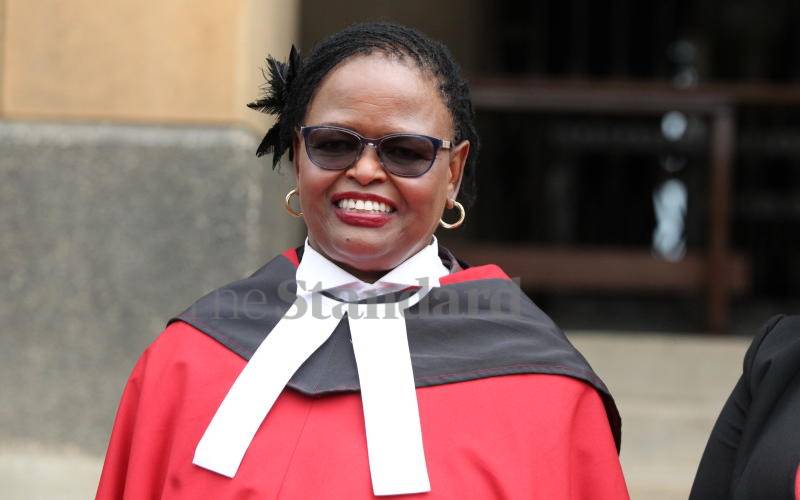×
The Standard e-Paper
Kenya’s Boldest Voice

In what points to a looming showdown, Chief Justice Martha Koome fired a warning shot to Parliament yesterday, and by extension the Executive arm which controls the two chambers.
In the salvo delivered on the day Chief Registrar of Judiciary Anne Amadi was to appear before a House committee, Koome put the two houses of Parliament on notice that it will no longer be business as usual as far as parliamentary summonses are concerned.